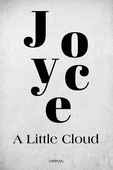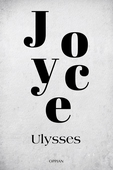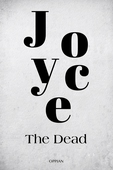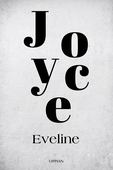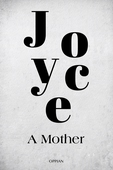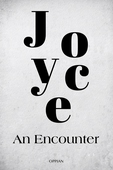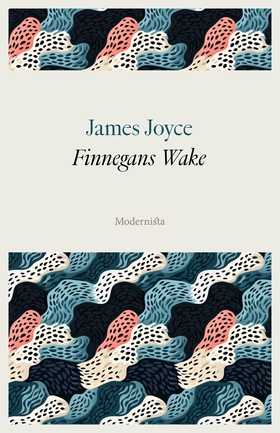
Lägg till önskelistan
Finnegans Wake e-bok
Pris
119 kr
James Joyce's Finnegans Wake is a literary masterpiece that defies conventional description. Published in 1939, this enigmatic novel stands as one of the most complex and challenging works in the English language. Set in a dream-like landscape, Finnegans Wake delves into the subconscious mind, blurring the boundaries between reality and myth, language and music, past and present.
At its heart lies the story of the mythical figure of HCE (Here Comes Everybody), his wife ALP (Anna Livia Plurab...
E-Bok
119 kr
Pris
Förlag
Modernista
Utgiven
22 Mars 2024
Genrer
Romaner, Skönlitteratur
Språk
English
Format
epub
Kopieringsskydd
Vattenmärkt
ISBN
9789180948371
James Joyce's Finnegans Wake is a literary masterpiece that defies conventional description. Published in 1939, this enigmatic novel stands as one of the most complex and challenging works in the English language. Set in a dream-like landscape, Finnegans Wake delves into the subconscious mind, blurring the boundaries between reality and myth, language and music, past and present.
At its heart lies the story of the mythical figure of HCE (Here Comes Everybody), his wife ALP (Anna Livia Plurabelle), and their children, as they navigate a world teeming with cryptic allusions, linguistic puzzles, and literary references. Through a kaleidoscopic blend of languages, dialects, and wordplay, Joyce crafts a narrative that is both bewildering and mesmerizing.
Finnegans Wake is a linguistic tour de force, challenging readers to unravel its intricate layers of meaning and interpretation. It is a work that invites exploration, experimentation, and endless speculation, leaving an indelible mark on the landscape of modern literature. Joyce's magnum opus continues to fascinate and perplex readers, cementing its place as a seminal work of British literary history.
JAMES JOYCE [1882-1941], Irish author, is a key figure in modernist literature with works such as Dubliners [1914], A Portrait of the Artist as a Young Man [1916], and Ulysses [1922].



